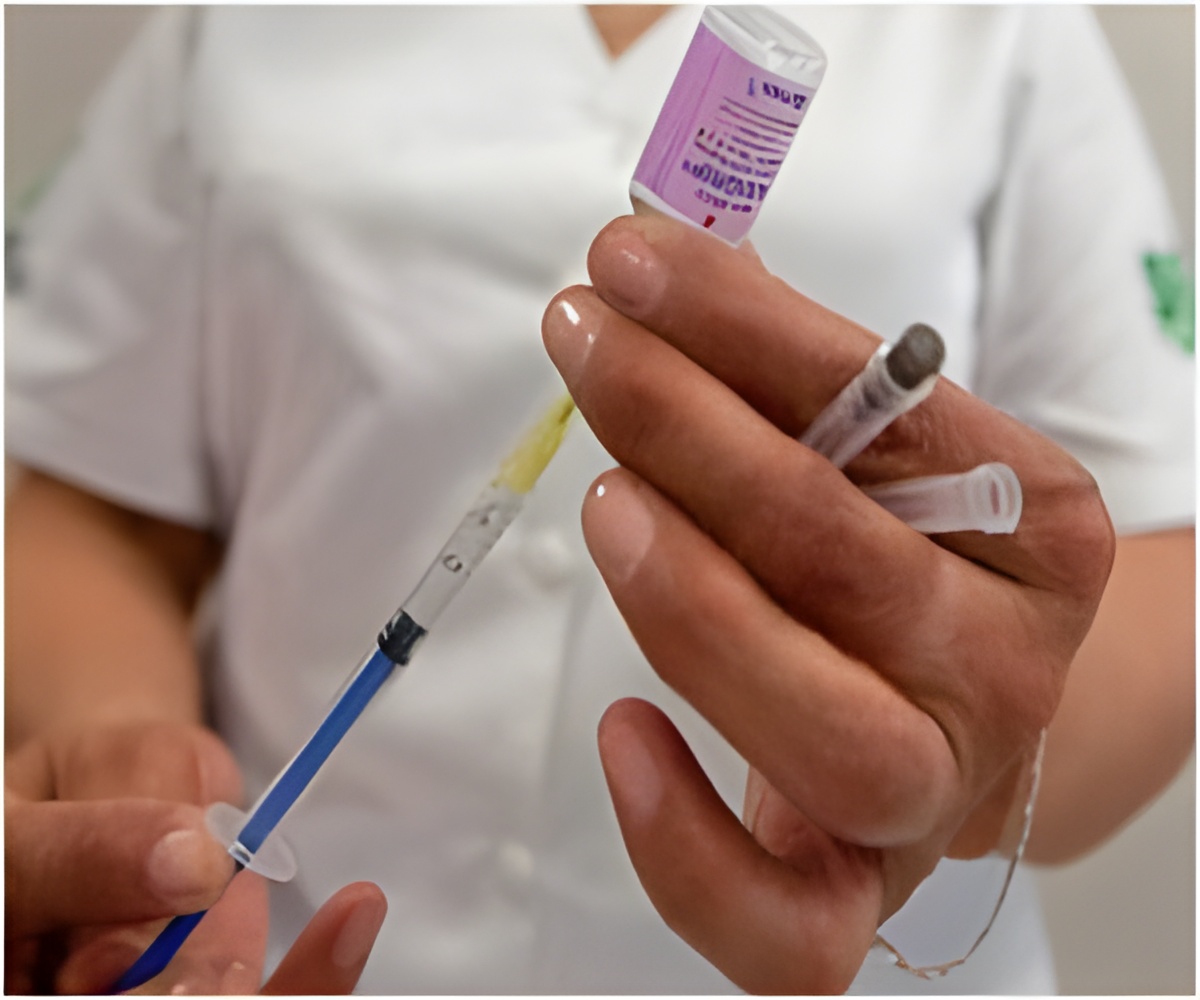Heparin, the life saving blood thinner used in major surgeries, is a complicated drug but a research team has set out to make its use a lot safer by developing a universal antidote.

Finding an approved drug to reverse the blood thinning effect of heparin is complicated because there are about a dozen approved heparin products on the market. It's further complicated by the fact that two of the most commonly prescribed heparins, low molecular weight heparins and fondaparinux have no known medically approved antidote.
None of the available synthetically made blood thinning reversal drugs work with all varieties of heparins and they are relatively toxic. The toxicity varies patient to patient which is another complicating factor for health care providers.
The UBC researchers took aim at a simple solution; a synthetic antidote that works with all heparins used in clinics today. The UBC team led by Jayachandran Kizhakkedathu developed a universal heparin antidote and its success in small animal testing is considered a fundamental breakthrough for both cardiothoracic surgery and the treatment of anticoagulant-related bleeding problems.
"Heparin is the second most prescribed drug after insulin," said Kizhakkedathu. "Our universal heparin antidote addresses an unmet clinical need. It has potential to benefit all patients undergoing high-risk surgical procedures and treating bleeding complications."
Kizhakkedathu, a Michael Smith Foundation Health Research Scholar with UBC's Department of Pathology and Lab Medicine, Centre for Blood Research and the Department of Chemistry says a synthetic drug offers consistency in health effects and performance. He adds that it also avoids possible immunological reactions sometimes associated with antidotes with biological origin. The next step for UBC researchers is continued lab research with the goal of human testing in three to five years.
Advertisement











